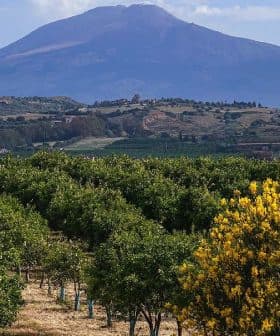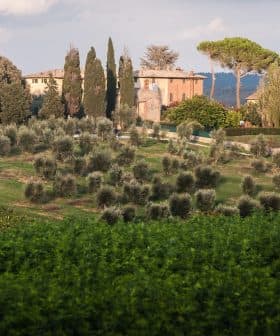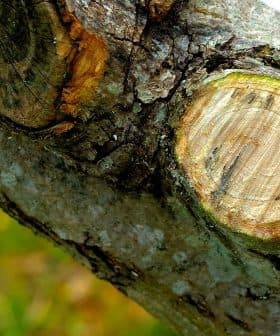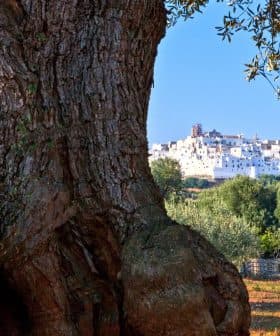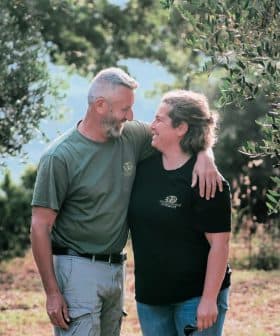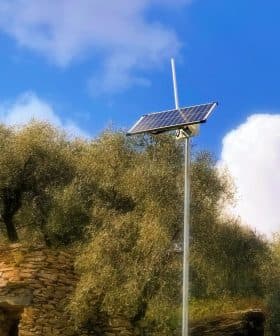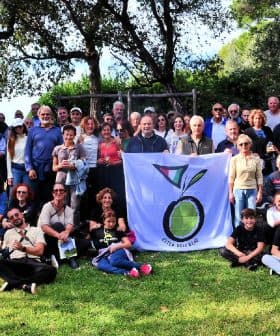Prosecutor in Lecce Seizes Olive Trees, Investigates Scientists for 'Misrepresentation'
Prosecutors in Lecce issued a seizure order to prevent the felling of olive trees in response to the Xylella fastidiosa outbreak, investigating ten individuals for various infractions related to the crisis. The prosecutors expressed concern over the use of harmful pesticides in the region, suggesting that the desiccation of olive trees may not be directly linked to Xylella.
The Prosecutor of Lecce, Cataldo Motta, with public prosecutors Elsa Valeria Mignone and Roberta Licci, issued an urgent seizure order, executed today by the State Forestry Corps, to prevent the further felling of olive trees ordered by the EU to combat the Xylella fastidiosa outbreak in Salento.
Ten people are under investigation in Lecce and surrounding areas for their handling of the crisis for various infractions including: spreading of a plant disease, willful violation of the provisions on the environment, fake material committed by public officials in public documents, fraudulent misrepresentation and the destruction or disfigurement of natural beauty.
The people named in the investigation include:
- Special Commissioner Giuseppe Silletti
- Antonio Guario, former director of the Regional Plant Health Observatory of Bari
- Giuseppe D’Onghia, executive of the Regional Agriculture Service
- Silvio Schito, head of the Plant Health Observatory
- Giuseppe Blasi, head of Department of European and International Affairs and Rural Development of the Central Plant Health Service
- Vito Nicola Savino, professor at the University of Bari and director of the research center Basile Caramia in Locorotondo
- Franco Nigro, professor of plant pathology at the University of Bari
- Donato Boscia, head of the operational headquarter of Bari Institute for Sustainable Plant Protection of CNR
- Maria Saponari, a researcher at the same institution
- Franco Valentini, researcher at Mediterranean Agronomic Institute of Bari
The seizure includes all olive trees slated for removal in the emergency plan, all plants affected by voluntary removal actions and all the plants already subjects of phytosanitary measures of injunction issued by the Plant Health Observatory.
See Also:Complete Coverage of the Xylella Fastidiosa Outbreak
According to the prosecutors, there is no proof of the effectiveness of the eradication of the olive trees amid the widespread desiccation, which has not been directly linked to Xylella. In the 58-page decree, it is also hypothesized that a danger to public health is caused by the use of pesticides that are harmful to the environment, yet permitted since 2008, when the Xylella emergency was still not officially declared.
“Since the disease of desiccation of the olive trees appeared and its cause has not been identified,” the prosecutors declared, “a series of experiments were conducted in Salento with the use of highly invasive products, so as to be prohibited by law, in a context of seriously compromised environment, without any prior study of the impact that these products would have on the environment and in particular of the consequences that they could possibly produce on bacteria already present and silent.”
The analysis of olive trees in San Marzano di San Giuseppe (province of Taranto) and Giovinazzo (Bari), with the same symptoms of Salento plants, but tested negative for Xylella, are evidence, investigators said, that “the symptoms of severe desiccation of the olive trees is not necessarily associated with the presence of the bacterium, as it is not yet been shown that the bacterium, and only the bacterium, causes the desiccation.”


